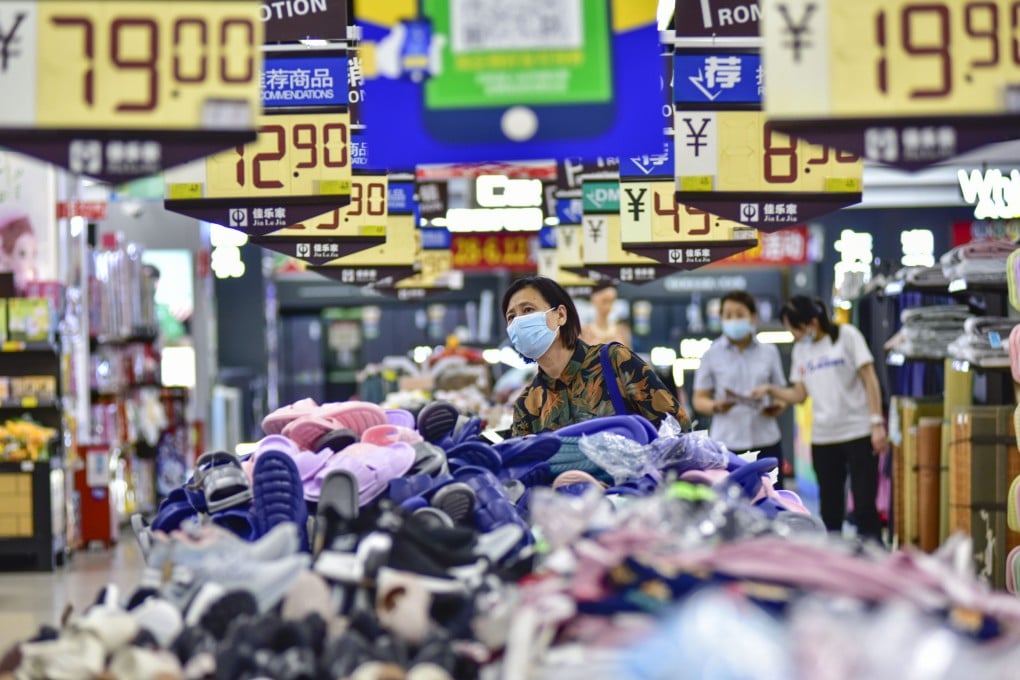Macroscope | Unlike US and Europe, China can keep its economy steady without rushing into lower interest rates
- Flat CPI inflation is a mark of the Chinese government’s success in navigating the energy crisis, keeping core inflation pressures contained
- Beijing should maintain policy stability for interest rates and the renminbi, and let fiscal reflation take the strain of economic recovery

If anything, zero per cent price inflation is a mark of China’s success in navigating the energy crisis, keeping core inflation pressures well contained and staying competitive.
As the economy bounces back from last year’s tough Covid-19 restrictions, growth could even surprise on the upside this year, leaving the People’s Bank of China reasonable scope to keep interest rates steady for the rest of 2023.
In fact, on a relative basis, China has an enviable track record when it comes to growth and inflation performance compared with some of its major international competitors, especially in the G7 economies. China’s inflation rate may be undershooting Beijing’s 3 per cent CPI target, but it still has a better relative growth record with no chance of recession.
